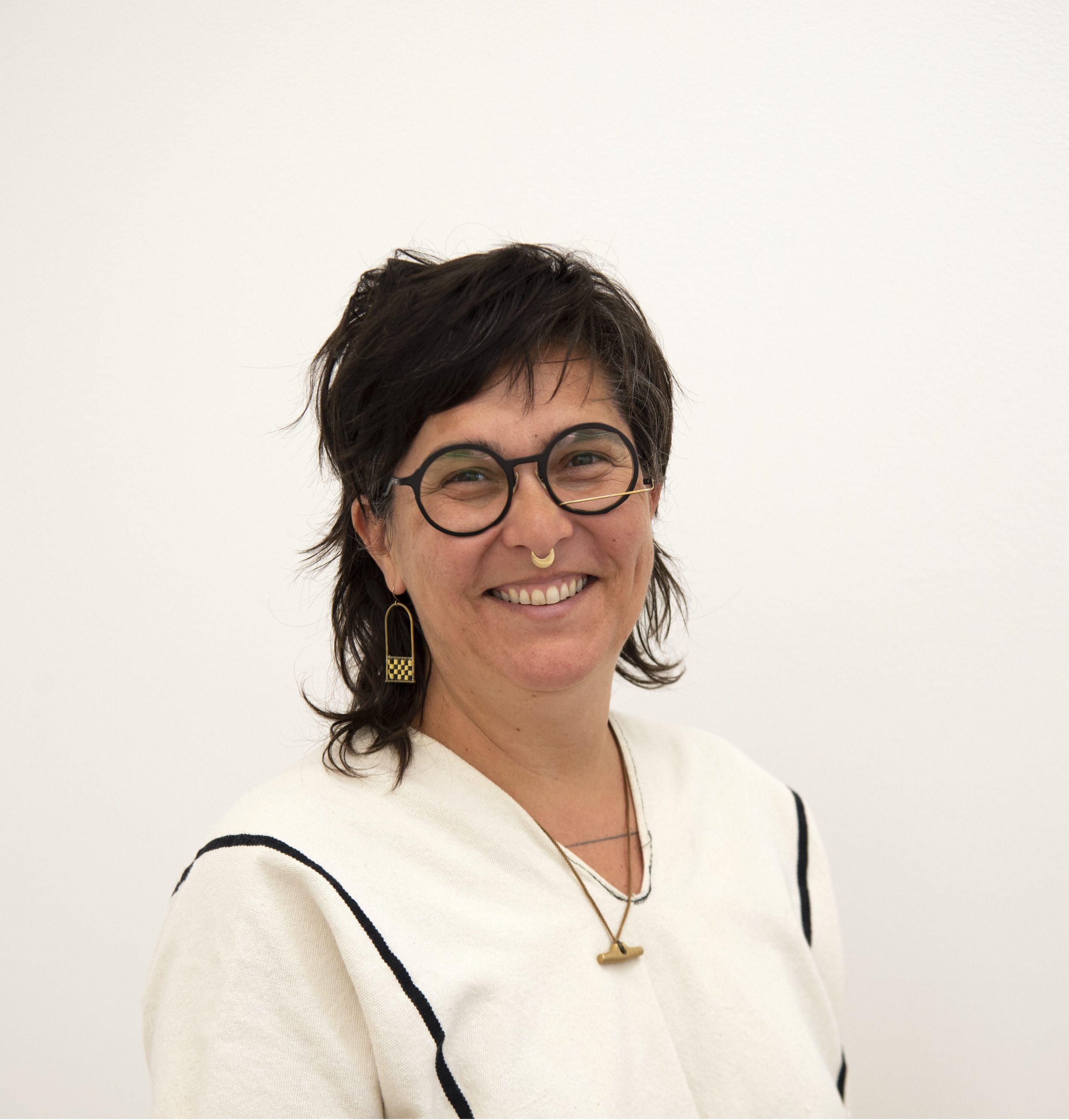In the vision of pedagogical woodworking of the late 19th century, known as "sloyd," Otto Salomon saw craft education as a civic as much as an educational activity. How can we work today with craft as a civic activity and use woodworking to discuss, prototype, and enrich our shared environment? Following craftsman and thinker William Coperthwaite, we will experiment with how to use crafts to shape togetherness and make democratic ideals tangible with "socially valid crafts."
Read MoreWhat is a found object? Finding objects means discovering new ways of meaning making. Our investment will be in the process of finding itself. “To find” means to retrieve something lost, but also "to be situated," "to deem something so," for "something to be the case that…" suggesting a search for a conclusive answer or determination. We will explore strategies for working with found objects which foreground the task of finding itself as one which is deeply situational, subjective, and at the heart of our own curiosities and creative impulses. Work with found objects involves negotiating with an inanimate interlocutor. Individual objects have their own lived histories, use values, presences, auras—they are already speaking and arrive with their own agendas. Working with findings entails negotiating and collaborating to form new meaning beyond what we could achieve independently.
Read MoreContinuing her current series of fiber works, Tanya will be taking weaving lessons from nature. Using sight, sound, touch, smell, and memory, she will lead collaborative-making sessions with fire, water, air, and earth; working primarily with discarded materials from Haystack's studios and the local area. Telar Terrenal began with Tanya realizing that the Los Angeles River was weaving structures and laboring objects into shapes.
Read More


